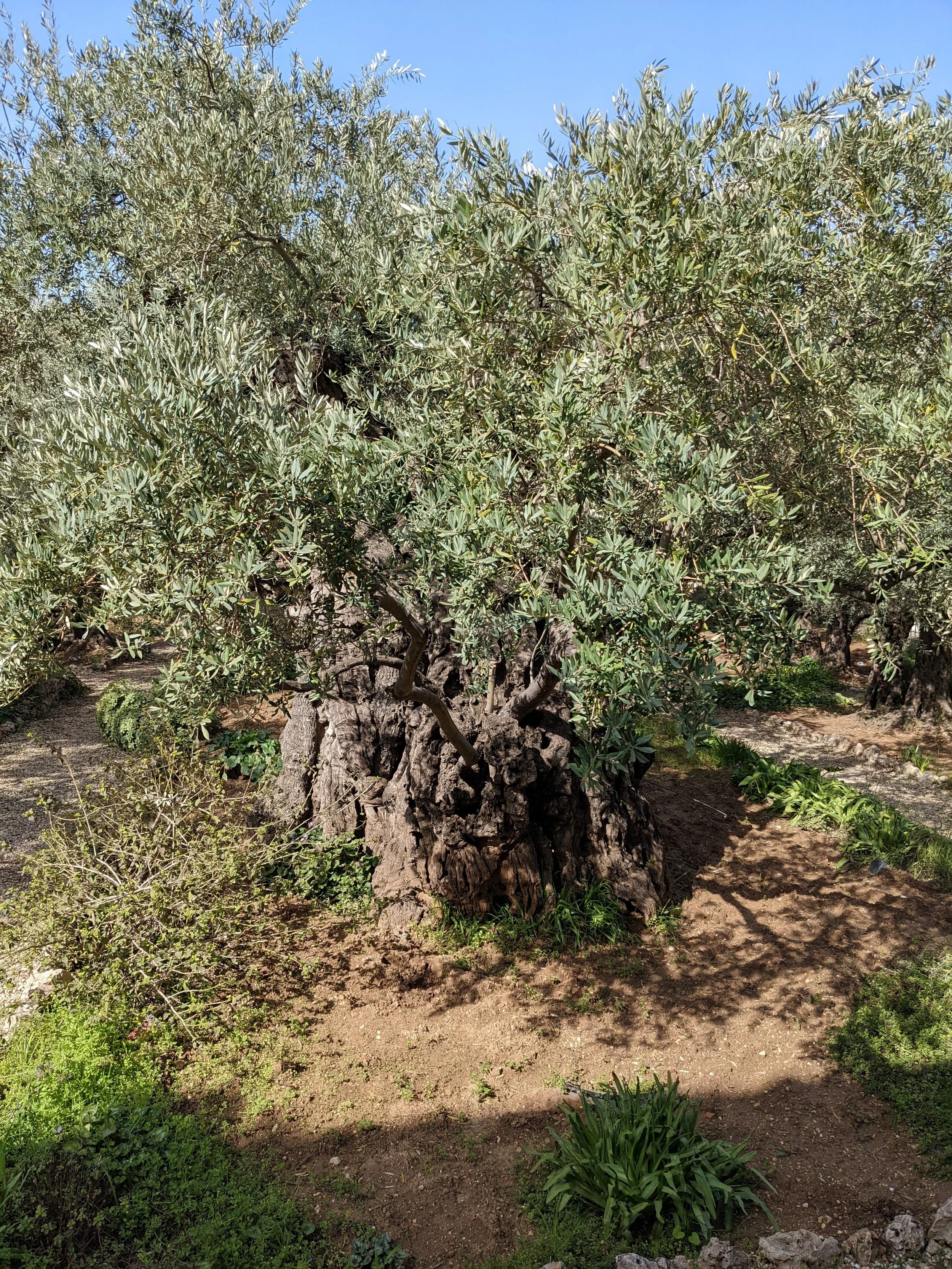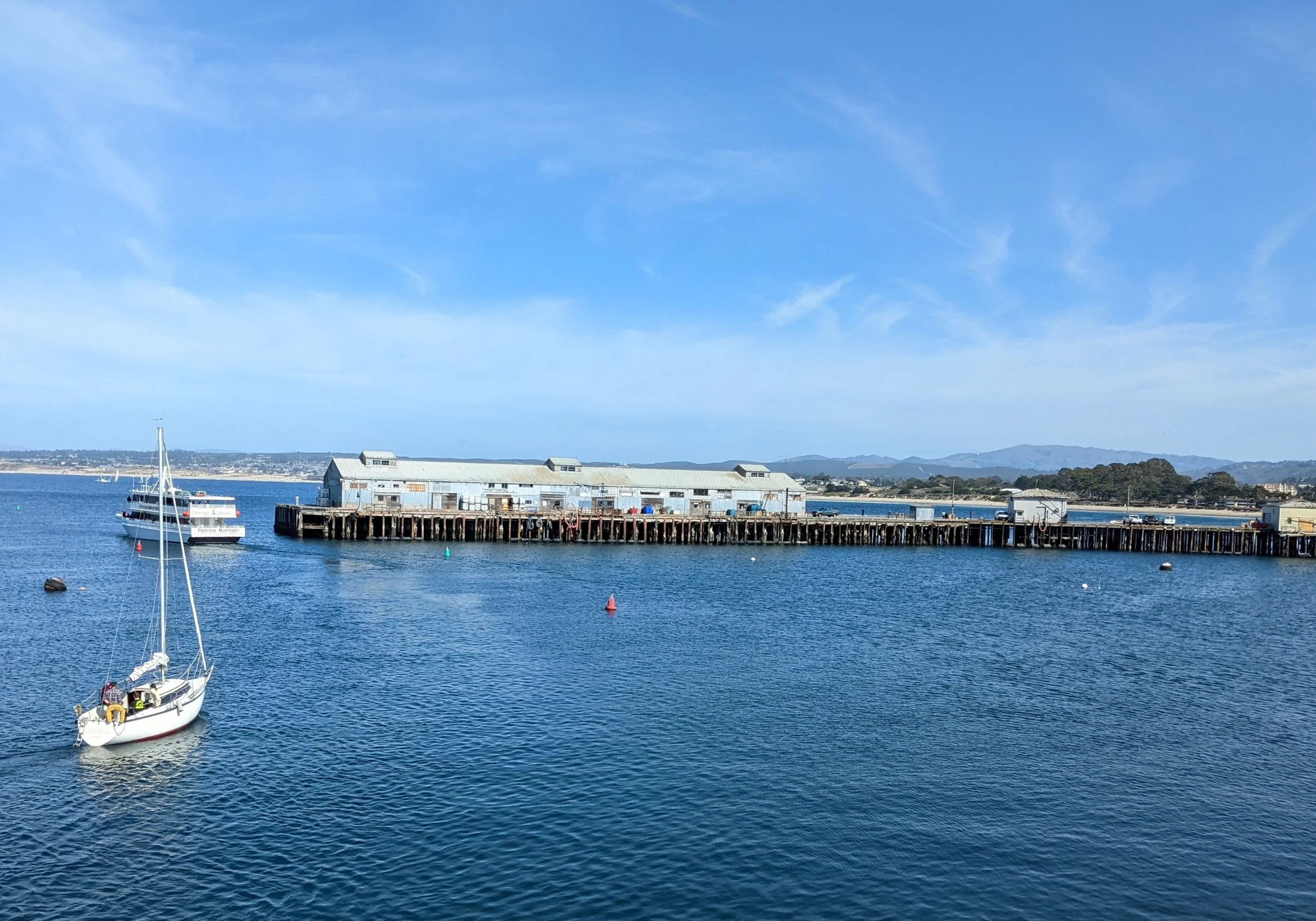Communion offers us so much as believers in Christ. Last week, we began looking at some of the many reasons taking communion blesses and benefits the church – it reminds us of the incarnation, centers us on the atonement, emphasizes the importance of our personal faith, and communicates the unity of the church. Let’s continue looking at six more today.
Read moreWhy Should We Take Communion? Part 2 (Mark 14:22-25)
Why Should We Take Communion? Part 2
Mark 14:22-25









